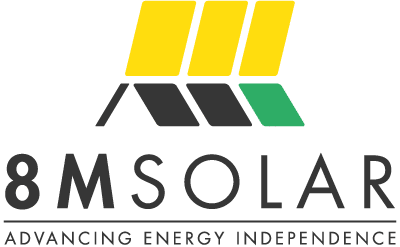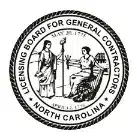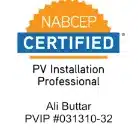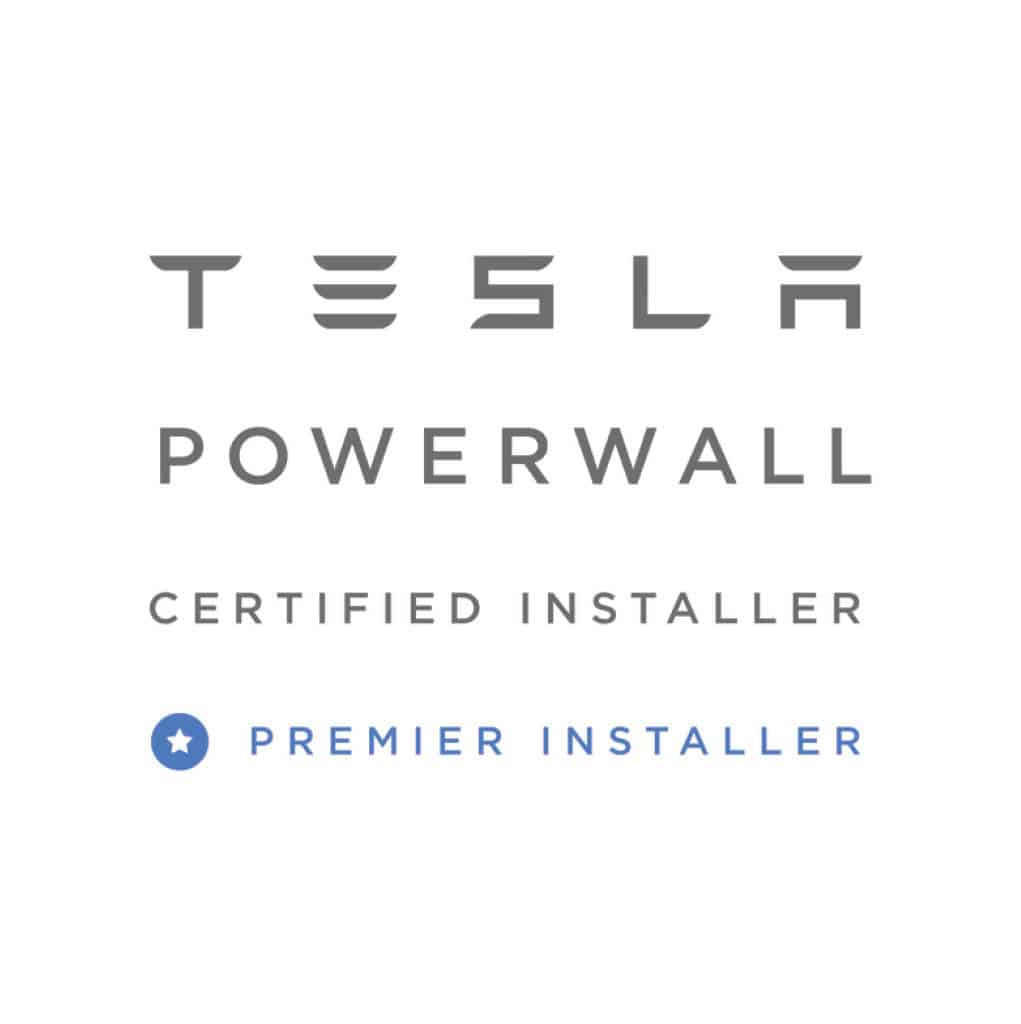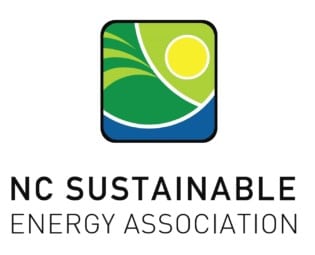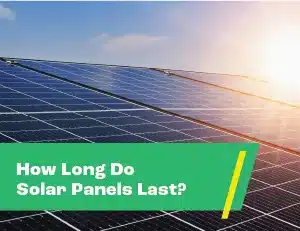
If you’re considering installing solar panels, you’ve probably wondered how long your solar panels will last. While some items do improve with age, solar panels aren’t one of them, so it’s important to understand the solar panel lifespan. Read on to learn about how long solar panels last and how to keep yours lasting as long as possible.
The Lifespan of Solar Panels
How long do solar panels last? This seemingly simple question is more complicated than it appears. Solar panels are typically designed to last 25–30 years, often referred to as their “useful life.” This is the period during which they operate at or near their peak efficiency. Many top-tier manufacturers and installers back this timeframe with warranties For instance, 8MSolar offers an industry-leading 25-year, 92% guaranteed output warranty, meaning your panels will still produce at least 92% of their original capacity after 25 years. This level of assurance reflects the durability and reliability of modern solar panels.
It’s important to note that solar panels don’t simply stop working once they’ve passed the 25–30 year mark. Instead, they continue generating electricity, at a lower efficiency due to a process called degradation. On average, most solar panels lose about 0.5%–1% of their efficiency per year, meaning they’ll still be producing around 80% of their original output after 25 years.
This decline in performance doesn’t render your solar panels useless but does affect their energy output. Whether you decide to replace them depends on your energy goals.
What Are Your Options After the Useful Life?
- Replace the Panels:
If your priority is to offset your energy bills completely, replacing your solar panels with newer, more efficient models could be beneficial. Advances in solar technology often mean newer panels offer higher energy output and greater efficiency. - Keep the Panels:
If reducing your energy bill by some amount is still enough for your needs, you can continue using the panels. They’ll keep producing electricity for years to come at a lower rate. This option is ideal for homeowners focused on extending the lifespan of their solar system and minimizing additional investments.
Long-Term Durability of Solar Panels
Solar panels are incredibly resilient, with most systems providing decades of reliable use even beyond their useful life. For households prioritizing sustainability, energy savings, and cost efficiency, investing in solar panels offers long-term benefits that extend far beyond their initial 25–30 years.
Whether you aim to replace your panels or continue with reduced output, understanding how long solar panels last can help you plan for a sustainable energy future.
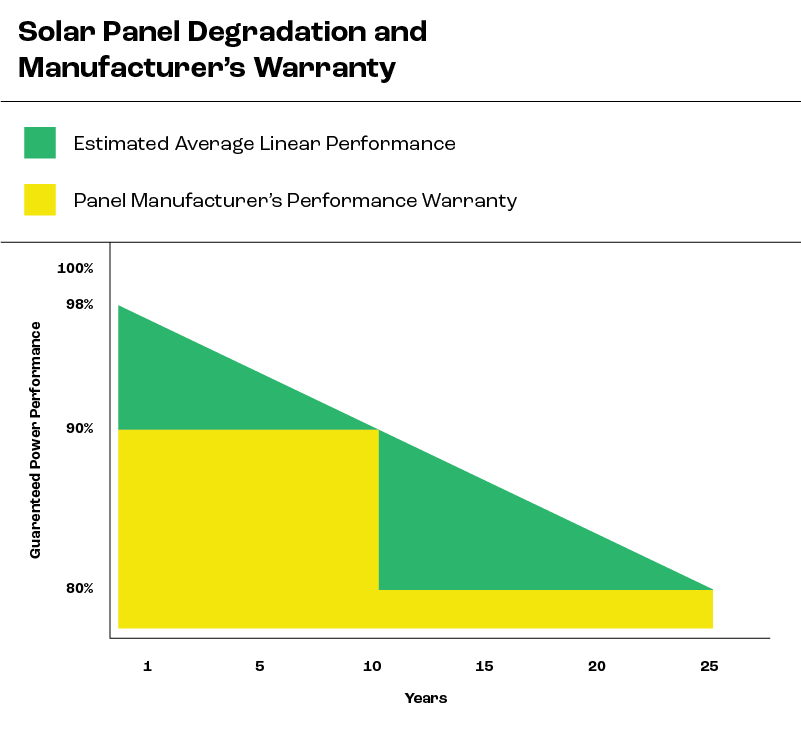
What Makes Your Solar Panels Degrade?

Solar panel degradation will happen to all solar panels over time. It’s a process nearly every machine and electronic will go through, no matter how well made. But there are some factors that can increase your degradation and lead to less efficiency over time:
- Rain. Rainy days can affect how much energy you produce that day, but the rain can also lead to increased degradation. Rain can cause corrosion on your solar panels that reduce conversion efficiency. Luckily, correct installation can help reduce the chances of rain corrosion.
- Wind. Strong wind can make solar panels vibrate. If there’s enough vibration over time, the bonding can come undone.
- Heat. Heat can cause most electronics to degrade faster. Solar panels in the heat can become more brittle. More brittle panels allow more moisture to seep into the surface, which can reduce the lifespan of solar panels. In addition, high temperatures can also chip away at the binding, and that can also lead to increased degradation.
- Cold. Like heat, extreme temperatures can affect your solar panels. Snow and cold temperatures can cause panels to warp and crack.
- Sunlight. It seems backwards that sunlight (the very requirement for solar panels) can also damage your solar system, but it’s true. One of the biggest degradations your solar panels will experience is the first time they’re exposed to sunlight right after installation. Luckily, the right installer will include UV blockers to reduce as much UV damage as possible.
If you live in a place that experiences extreme temperatures and weather, you can still get solar panels. The key is to make sure that you’re choosing the right panels and the right installer. Correct installation is the key to reducing as many of these degradation problems as possible.
Can I Make My Solar Panels Last Longer?
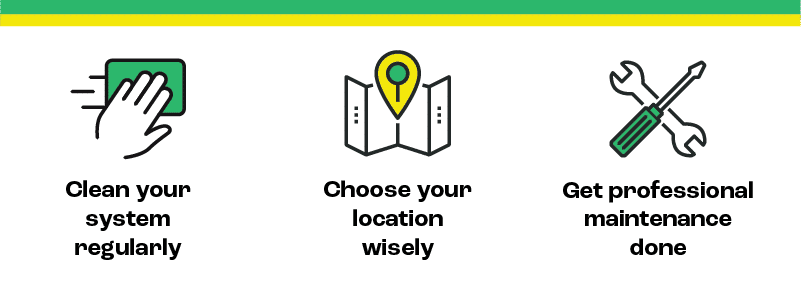
Several factors can impact the lifespan and performance of your solar panels. While most panels are built to last, their durability depends on how they’re manufactured, installed, and maintained. Here are some considerations:
1. Quality of Solar Panels
The materials and craftsmanship used in manufacturing solar panels play a role in their longevity. Panels from reputable brands often feature durable glass, strong framing, and solar cells designed to resist wear and tear. High-quality panels not only perform better but also degrade at a slower rate.
2. Climate and Weather Conditions
Solar panels are built to withstand various weather conditions, but extreme environments can accelerate wear.
- Heat: Excessive heat can reduce efficiency, although most modern panels are designed to perform well in high temperatures.
- Hail and Storms: While most panels are tested to resist hail and heavy winds, consistent exposure to extreme weather can shorten their lifespan.
- Snow and Ice: Panels in colder climates may experience additional stress, though proper installation can reduce this.
3. Maintenance and Cleaning
Dirt, debris, and bird droppings can accumulate on solar panels, reducing their efficiency over time. Regular cleaning and inspections ensure optimal performance and prevent issues like microcracks, which can develop into larger problems if left unchecked.
4. Proper Installation
The quality of installation is crucial. Panels that are securely mounted and properly angled for maximum sunlight exposure tend to last longer. Partnering with experienced installers ensures your system is set up to endure harsh weather and maintain its efficiency over the decades.
5. Inverter and Battery Maintenance
While the panels themselves may last 25–30 years, supporting components like inverters and batteries have shorter lifespans. Regular maintenance of these parts is essential for the overall efficiency and longevity of your solar energy system.
6. Warranty Coverage
Panels with comprehensive warranties provide an extra layer of assurance. This coverage guarantees that your system remains productive and reliable, even in the face of potential manufacturing defects or performance issues.
By understanding these factors and taking proactive steps, you can extend the life of your solar panels and maximize the return on your investment. With proper care and regular maintenance, your solar energy system can continue to provide clean, reliable power for decades to come.
When Is the Right Time to Replace Solar Panels?
The chief indicator to consider replacing your solar panels is when they no longer yield enough power to meet your electricity costs. It’s noteworthy that the durability of solar panels has seen positive enhancements in the recent past. Older versions might have worn out quicker than today’s standards.
By leveraging a digital tool or manual device to gauge the power your panels generate, you can ascertain their rate of wear and tear. A decline in their performance doesn’t immediately suggest a need for replacement—though it might be prudent to earmark funds for future upgrades.
Investing in solar panels is a notable commitment that homeowners typically approach with caution. By acquainting yourself with their expected longevity and maintaining them effectively, you can ensure they serve your needs for many years ahead.
The key to keeping your panels working properly for three decades is to choose the right panels and solar provider. You need well-made panels and a solar company that will install them correctly and perform regular maintenance. Here at 8MSolar, we’re a certified North Carolina solar installer with the best solar panels available. Contact us today to get started with your solar panels and invest in 30 years of clean energy.
